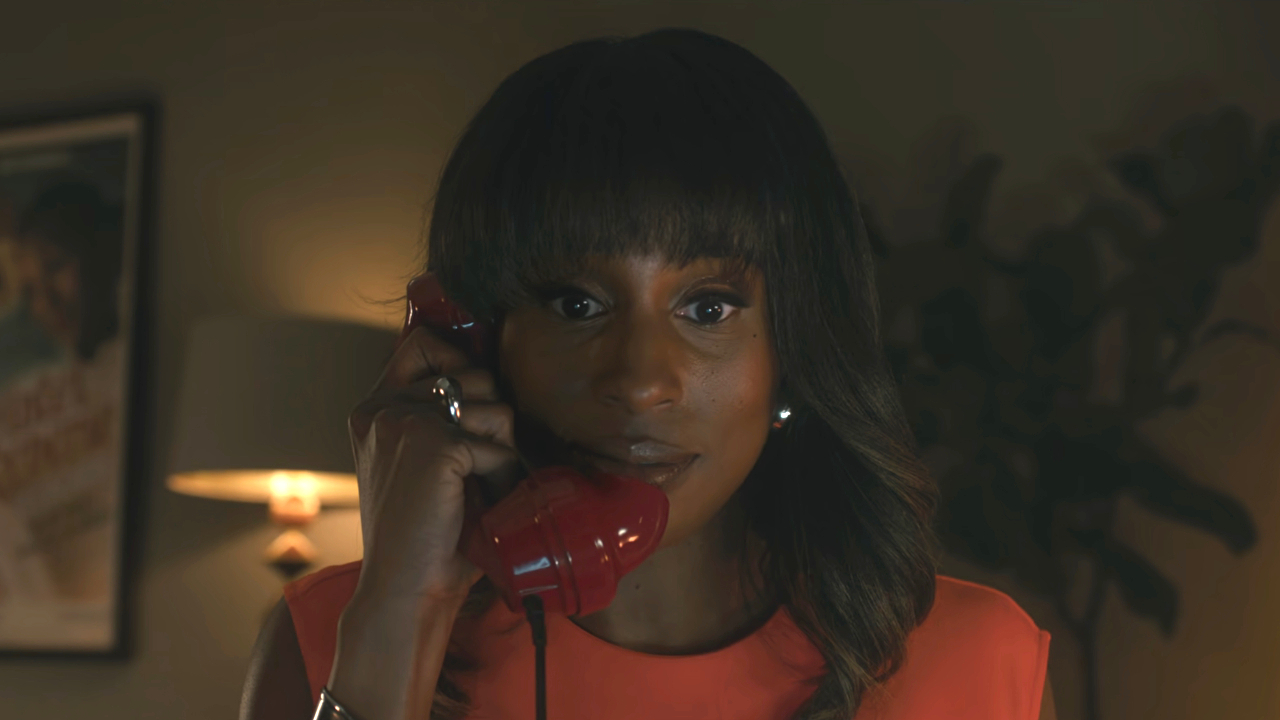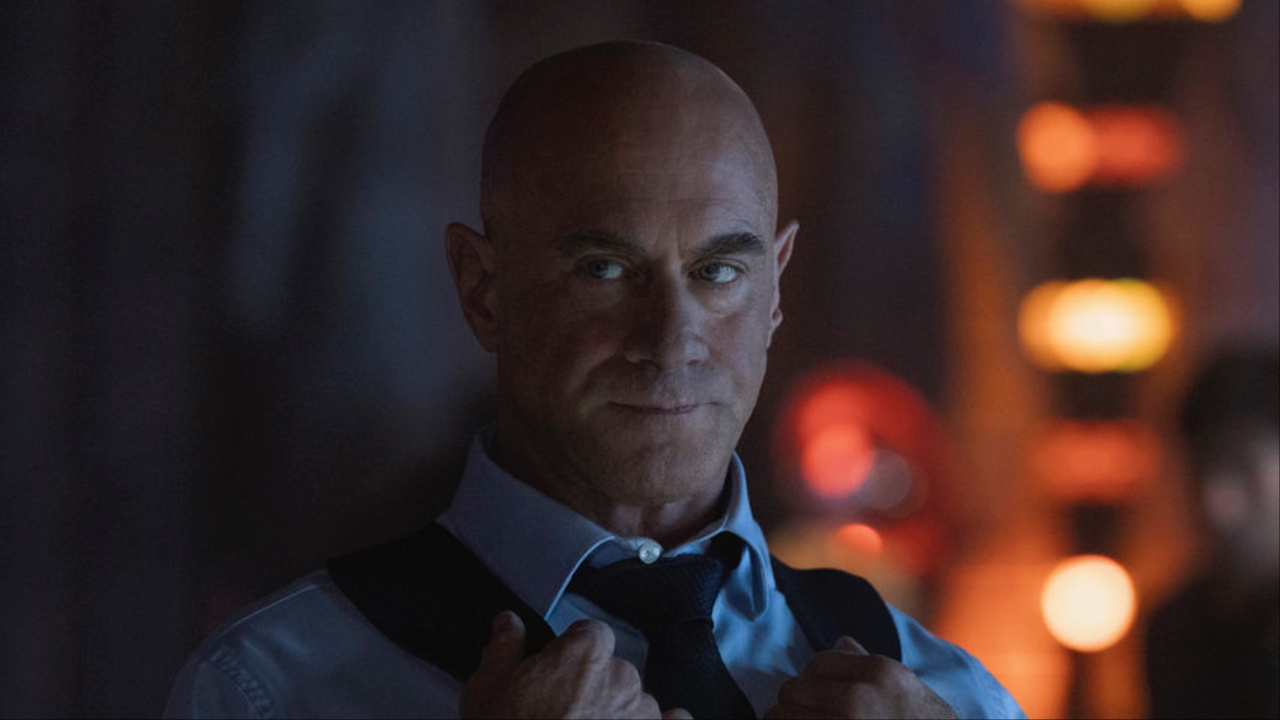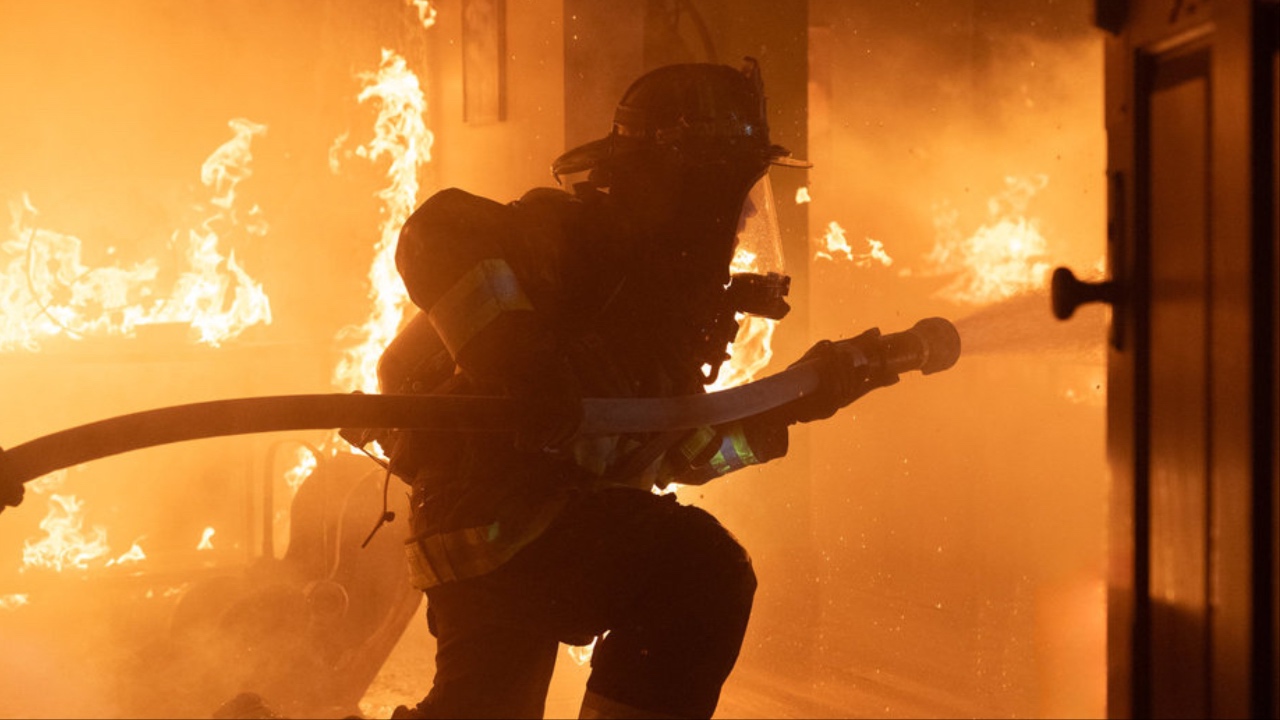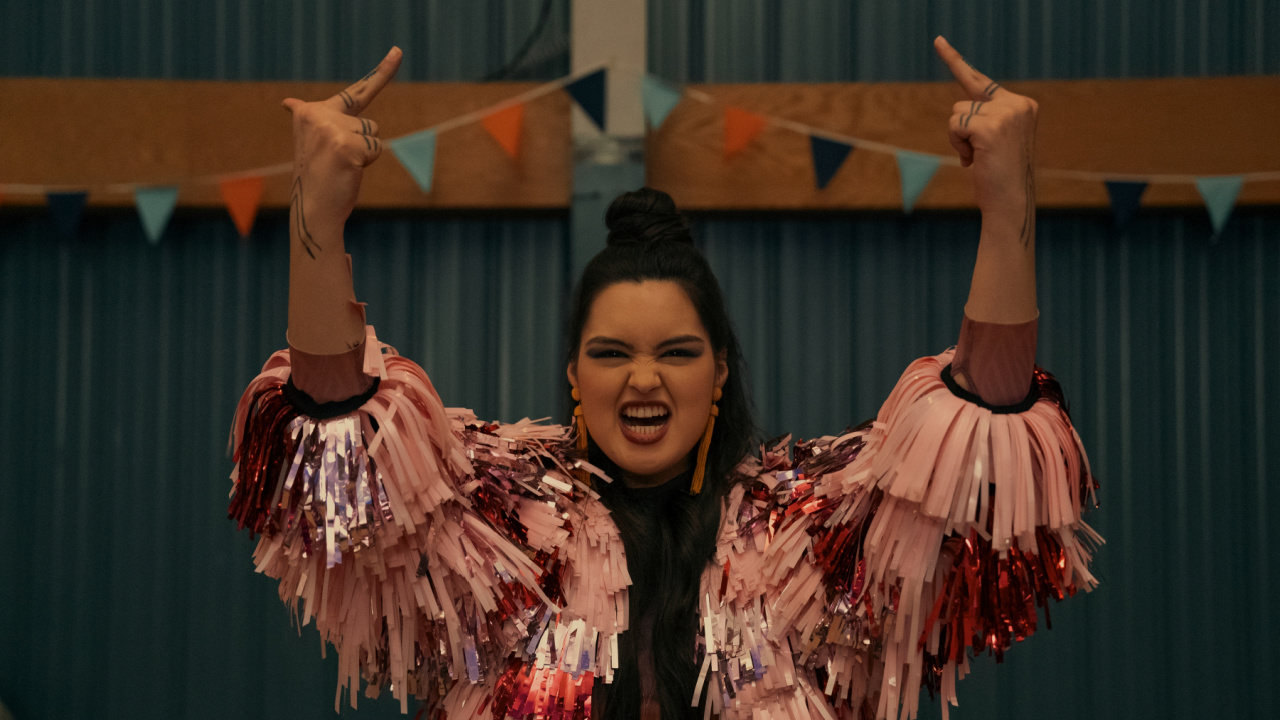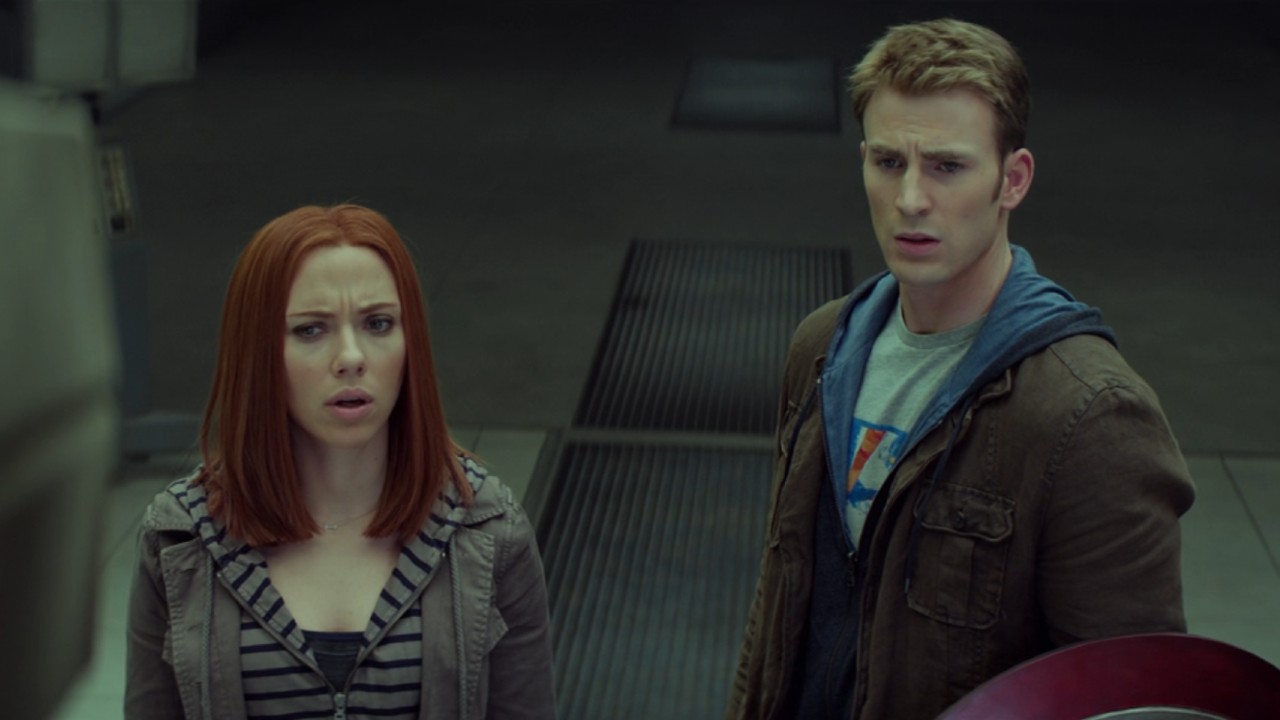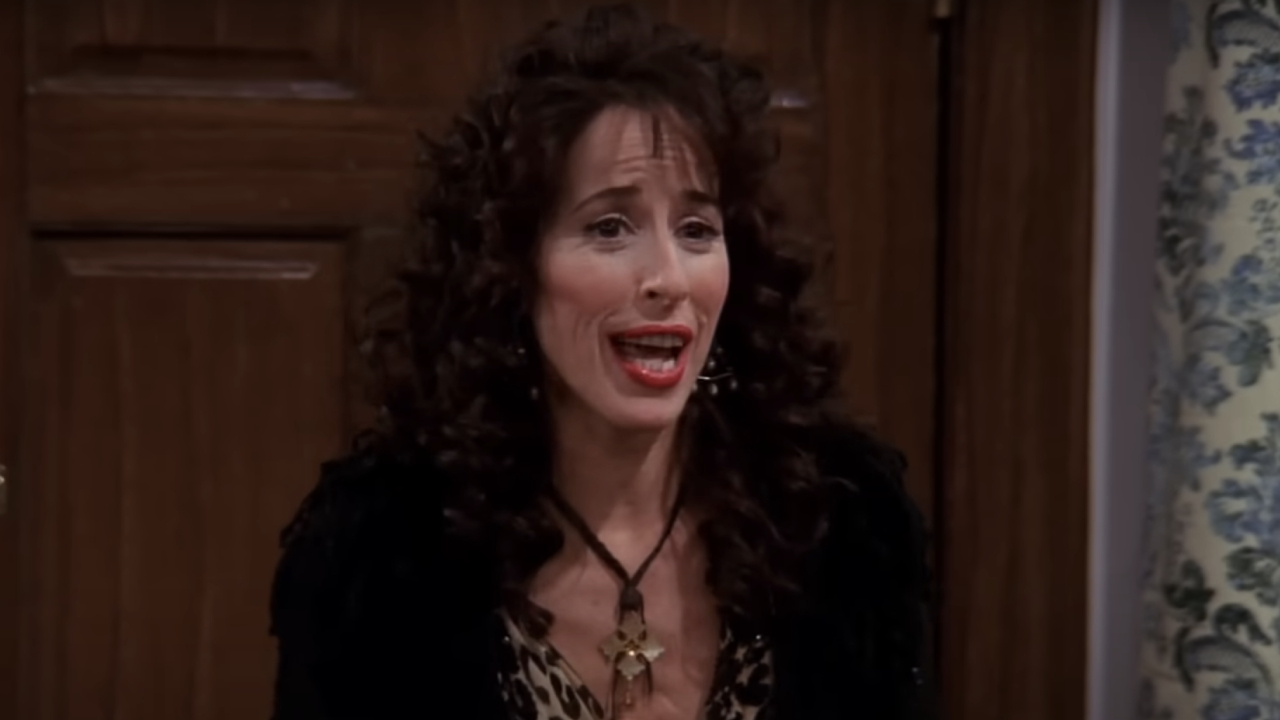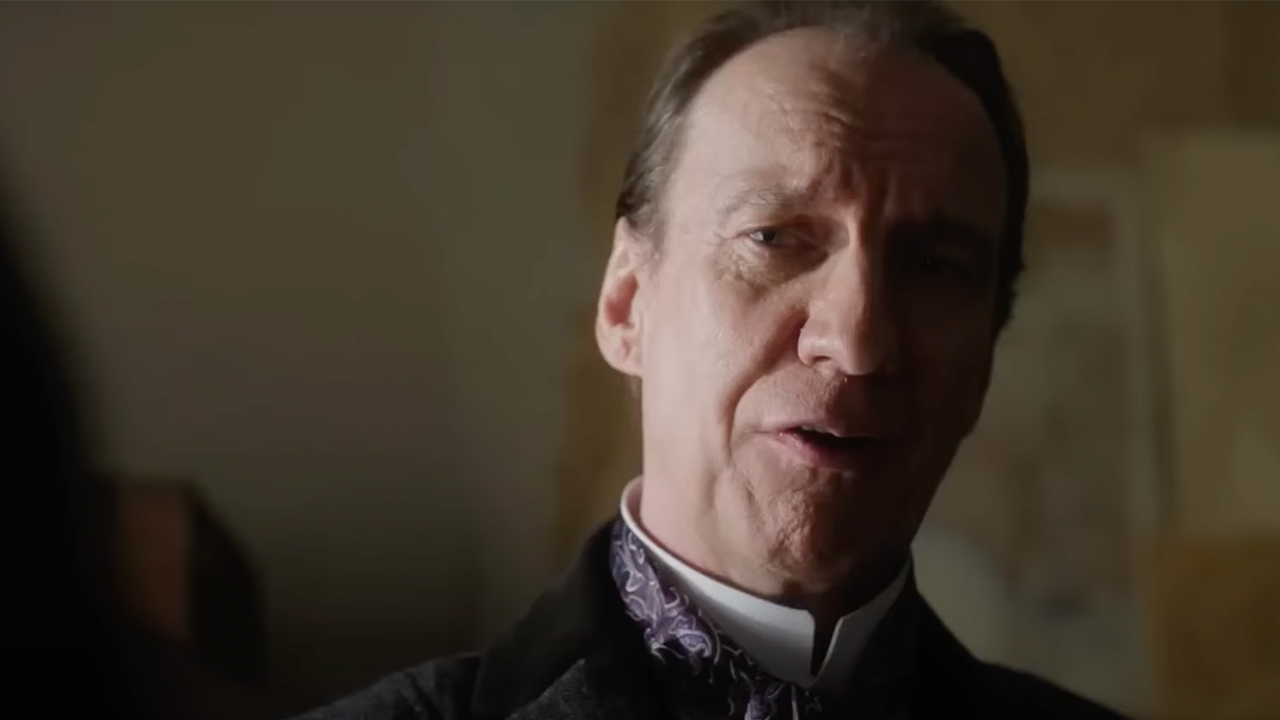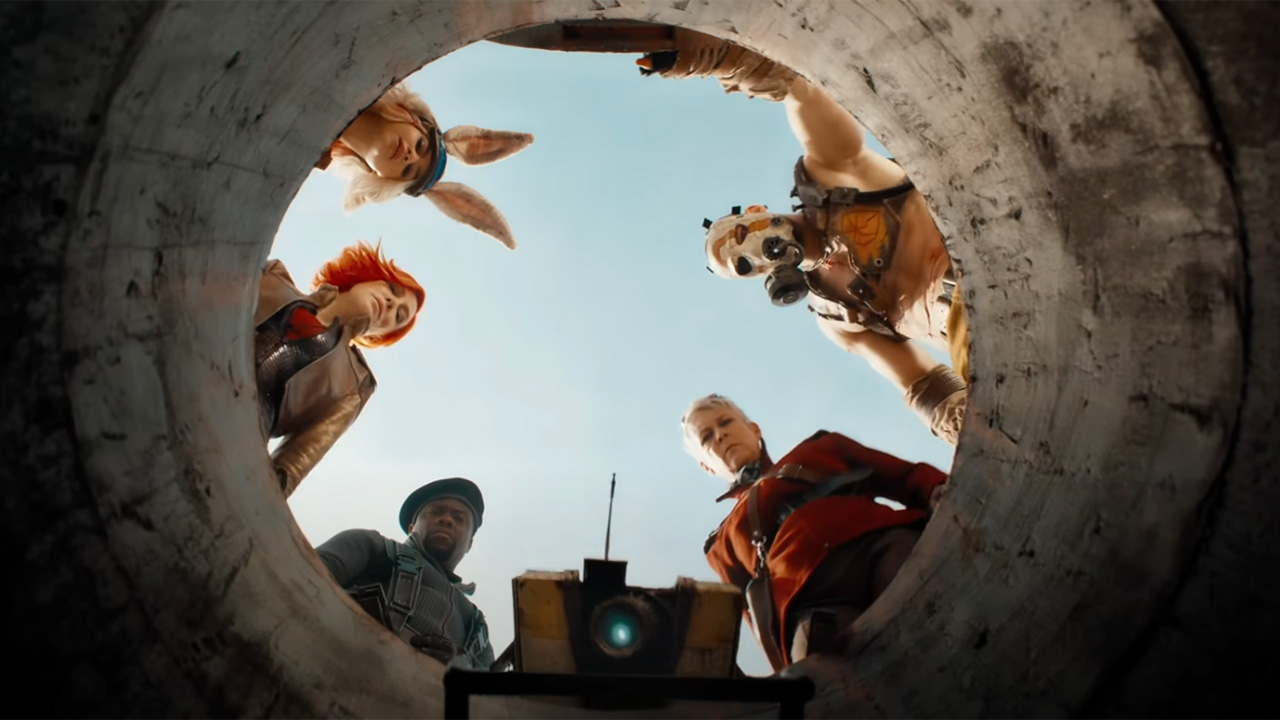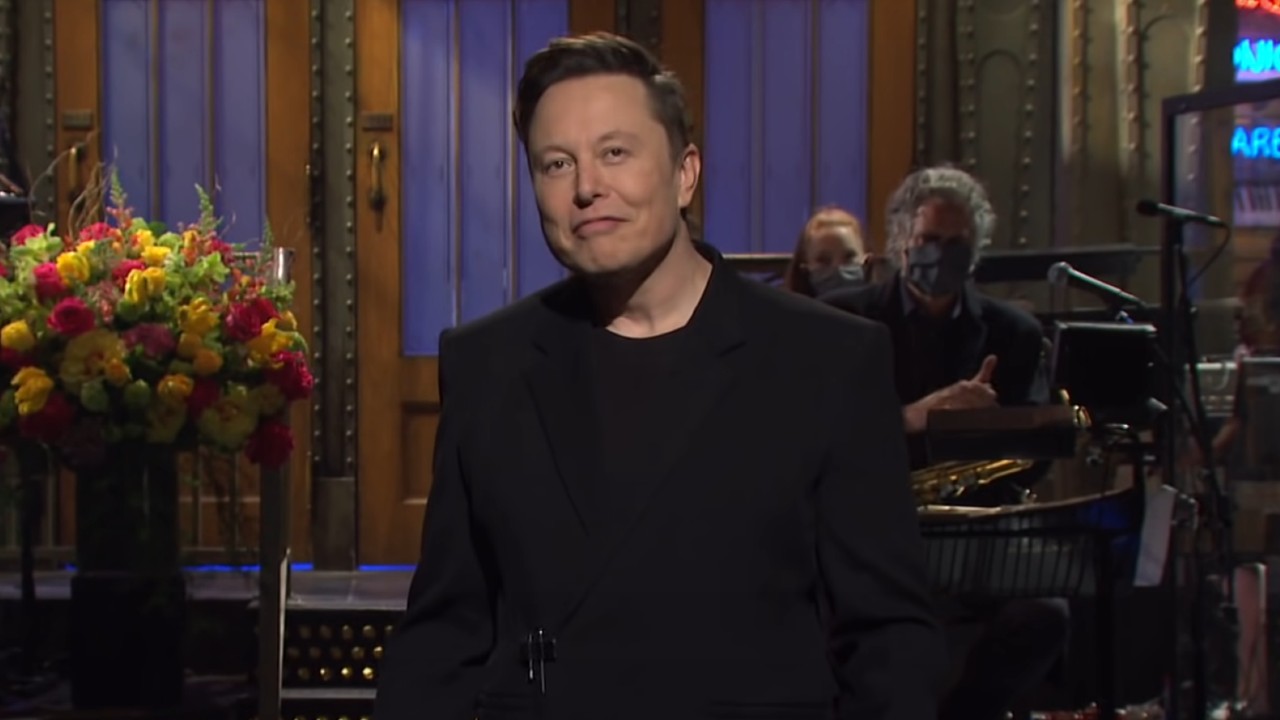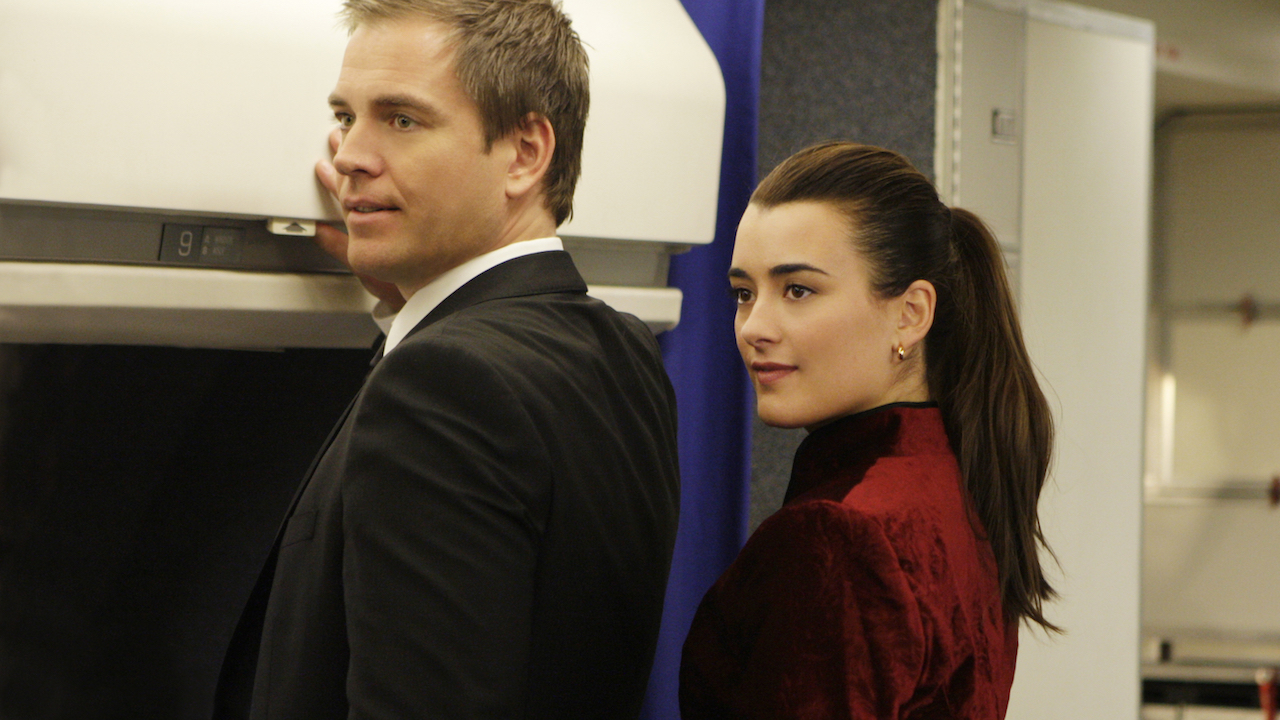For Your Consideration: Why Zero Dark Thirty Deserves Best Picture
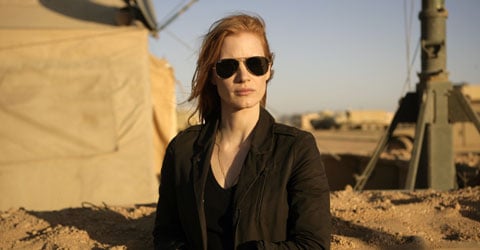
From now until the Friday before the Oscars we'll be running daily pieces about why a film does or does not deserve Best Picture. We've analyzed reasons why Michael Haneke's Amour, Quentin Tarantino’s Django Unchained, Ang Lee's Life Of Pi, David O Russell's Silver Linings Playbook and Benh Zeitlin’s Beasts of the Southern Wild all deserve the win. Earlier, a pair of writers both attacked AND defended Tom Hooper’s Les Miserables. Now Mack's going to try and liven up the discussion with an argument for David O. Russell’s black comedy Zero Dark Thirty.
The world has always been a complicated place filled with moral conundrums, but in certain countries at certain times, those moral gray areas are a whole lot more apparent. People like to say 9/11 changed everything. For most of us who weren’t at Ground Zero and didn’t have close family members or friends who were, what 9/11 did, more than anything else, was strip us of our ability to see the world in black and white, much as the war did for many boys who went to Vietnam. It ushered in a new compromised reality in which all of us altered (at least slightly) our perceptions of what the government should and shouldn’t do in the name of protecting freedom. Contrary to what certain political pundits might tell you, Zero Dark Thirty does a brilliant job of getting across that change without advancing an agenda, and that’s why it deserves to take home Best Picture on Sunday.
The thesis of Zero Dark Thirty is not torture is a miracle drug. It’s also not torture is an abomination or the war in Afghanistan is right or the Pakistani government can’t be trusted or prisoners should be allowed immediate access to lawyers. The thesis of Zero Dark Thirty is the hunt for Osama Bin Laden was tedious, complicated, long, unseemly, sweaty, inhumane, vicious, creative, bloody, relentless and filled with a mountain of self-doubt. It was carried out by a large network of human beings with completely different opinions about how best to achieve the same goal. So, as the tide of the country ebbed and flowed toward and away from human rights, as the sums of available cash increased and decreased, different methods were tried and thousands of pieces of information were gathered, some legitimate and some not, until one woman used facts acquired over the years through a variety of methods to put together a theory even her biggest supporter was only sixty percent confident would work.
It’s extremely hard to make a film fraught with divisive political issues and remove all personal bias. In fact, somewhere deep inside Zero Dark Thirty, there are probably a few tiny moments in which director Kathryn Bigelow and screenwriter Mark Boal just couldn’t help themselves, but honestly, I don’t know where any of those are. The only thing the film tells me about Boal and Bigelow’s political views is that they’re not unreasonably right or left wing. They see the world in complicated hues and would rather let the outline of what happened speak for itself instead of demonizing any single group or viewpoint, which was much harder to do with this material than with a film like Argo.
Finding bin Laden and helping six American hostages to escape from Iran might both be goals audience members can be behind, but because the so-called Canadian Caper happened more than thirty years ago, people don’t approach it with political glasses. They see the successes and the failures absent donkeys and elephants, but Zero Dark Thirty’s material is so in the moment, people can’t help but think about Bush’s policies and Obama’s policies and what courses John Kerry or John McCain may have taken. They can’t help but view it from a current political lens, which is why it’s such an incredible achievement that a huge percentage of people on both sides of the aisle think the movie is great.
Most of us have contemplated and figured out where we stand on torture, but there are dozens of other questions the men and women on the ground argue over every day. Should we give already loaded informants unnecessarily nice cars for information? Should we abandon security protocols to make whistleblowers more comfortable? Should we spend months and untold amounts of money driving around a crowded market to try and find someone talking on a cellphone? Should we lie to prisoners about what’s going on in the outside world? Decent men and women who share the same intentions will answer each of those questions in different ways. And that’s okay because the world is really fucking complicated.
Zero Dark Thirty is a great reminder that we all share the same triumphs and failures, even if we disagree on the best path to get there. It understands how gray the world is without trying to push it one way or the other, and that’s why it alone deserves to be recognized as the best film of the year.
CINEMABLEND NEWSLETTER
Your Daily Blend of Entertainment News
Mack Rawden is the Editor-In-Chief of CinemaBlend. He first started working at the publication as a writer back in 2007 and has held various jobs at the site in the time since including Managing Editor, Pop Culture Editor and Staff Writer. He now splits his time between working on CinemaBlend’s user experience, helping to plan the site’s editorial direction and writing passionate articles about niche entertainment topics he’s into. He graduated from Indiana University with a degree in English (go Hoosiers!) and has been interviewed and quoted in a variety of publications including Digiday. Enthusiastic about Clue, case-of-the-week mysteries, a great wrestling promo and cookies at Disney World. Less enthusiastic about the pricing structure of cable, loud noises and Tuesdays.
